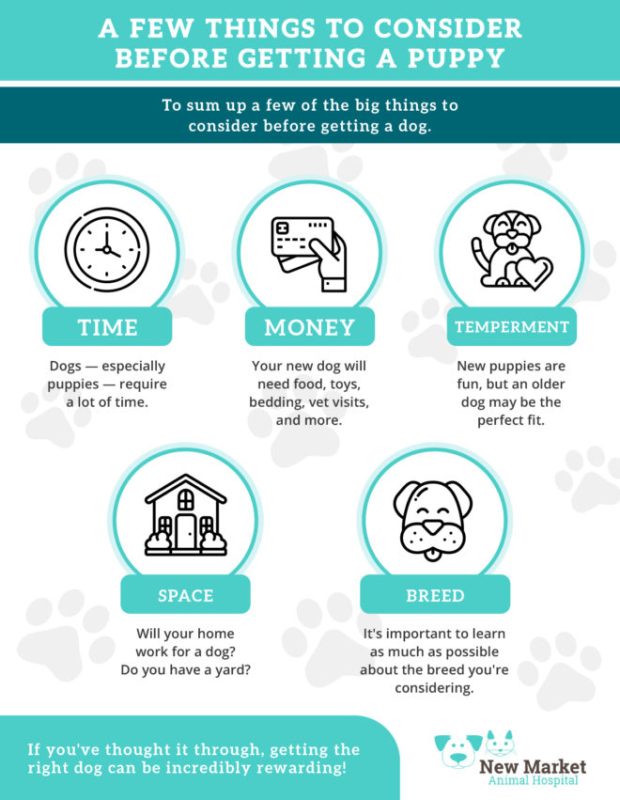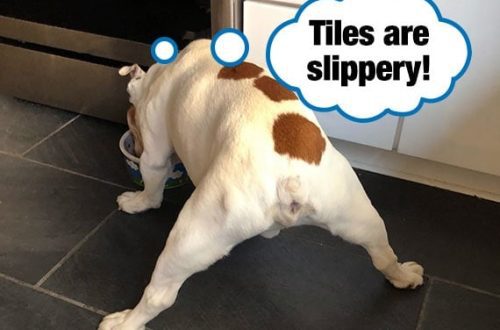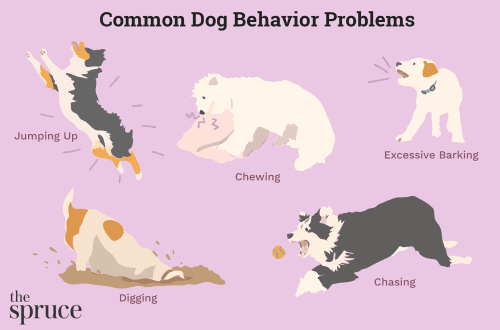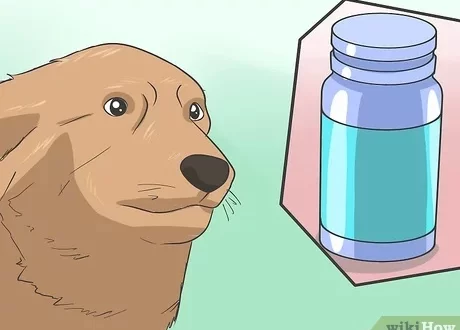
Things you will need if you have your first puppy
Is there a puppy in the house? Pet parties haven’t caught on yet, so the new owner will need their own puppy checklist to ensure they have everything they need for healthy growth. These things are sure to prepare you for the joy and responsibility that comes with having a pet in your home.
Contents
What to wear and what to eat
Start shopping for the basic items every puppy needs: food, collar, leash, and cleaning supplies. You should have an adjustable collar and a short leash to keep your pet close to you. These two items are unlikely to break you, but it is important to remember that as the dog grows, you will have to change them several times to keep up with his development.
Before you introduce your young friend to his new home, be sure to stock up on dog food! Previous owners can give you some advice on his taste preferences, but in any case, you should check with your veterinarian to make sure he’s getting all the nutrients he needs. Especially if you brought a puppy from the street. If your veterinarian recommends a different food, be sure to schedule a gradual transition. Too much change can upset your puppy’s delicate stomach!
You should also prepare food and water bowls for your pet. Stainless steel bowls are great for puppies because they rarely break and clean well in the dishwasher. In the future, you may still need a bowl holder if the puppy grows into a large dog.
Cleaning and training
Speaking of cleaning, keep in mind that as a new owner, you may need to do this more often – puppies can be messy! Be sure to stock up on paper towels, rags, pet cleaners, and a mop.
How to start raising and training a puppy in his first days in your home? While it can take up to several months to train a pet to show any tangible results, there are a few things you can do to help you build consistent habits in your four-legged companion. Toys, treats, fences, and a bed are items that should be on your checklist if you are going to properly train your puppy.
When choosing toys and treats, try to buy cute and cuddly things that your dog won’t be able to chew into several pieces and choke. Check out your local pet store for natural training treats and tooth sticks specially formulated for your pet’s size and life stage. Not only the things that your puppy gnaws should be safe, but also the beds. Most dogs find a way to ruin their bed at some point, so it doesn’t take much to invest in the trendiest sleeping bag – first of all, make sure you know what materials the beds are made from. This is especially important if you decide to accustom your baby to a cage!
Fences
In addition to training your puppy to sit, close, lie down, where to sleep, and how to let you know he needs to go outside, you should definitely teach him which places in the house he is not allowed to go. Fences help train your dog to stay in certain areas of the house and be in a safe place while you are away. As your puppy learns good behavior, you can gradually expand the area he is allowed to enter. The fence will be inexpensive and can be made of wood, metal or plastic. Choose fences that are easy to move from place to place, but which are stable at the same time, in case the dog tries to break through them.
When you have all the basic things and supplies needed for a healthy growth of a pet, do not forget that the puppy needs to be raised in a certain way. PetMD offers (among other training tips and tricks) the Reward Motivation Theory, which involves working hard with your puppy to encourage him to learn house rules.
When you can spend
The last items on your puppy checklist are the things you can and should spend the extra money on: a good veterinarian and a reputable groomer. While grooming can be done at home, it’s important to start with a visit to the groomer so you can learn the proper ways to trim nails and fur. After several visits to the salon, you will be able to decide whether it is worth washing and caring for your dog at home, or is it still more profitable to devote the day to professional grooming. Do your own research and ask other dog owners for advice from a knowledgeable veterinarian and good groomer.
Your shopping checklist
Here’s a handy list you can take with you so you don’t get confused when shopping in the dog department:
- Dog food and storage container.
- Collar and tag-address.
- Leash.
- Cleaning products suitable for dogs.
- Toys.
- Fences and/or cages.
- Bed and / or bedding.
- Goodies.
- Flea and tick medication (ask your veterinarian for recommendations).
- Dog waste bags.
Be sure that these things will properly prepare you for your new role as a dog owner. When everything is bought, you can think about the two most important items on your list:
- The veterinarian you trust.
- Groomer and/or grooming tools.
Of course, you can add one more item to the checklist – a camera. As you begin this new adventure, enjoy every day and try to capture as many moments as you can. Even a cell phone camera can come in handy to snap a picture of your puppy’s first Frisbee and other hilarious accomplishments.





